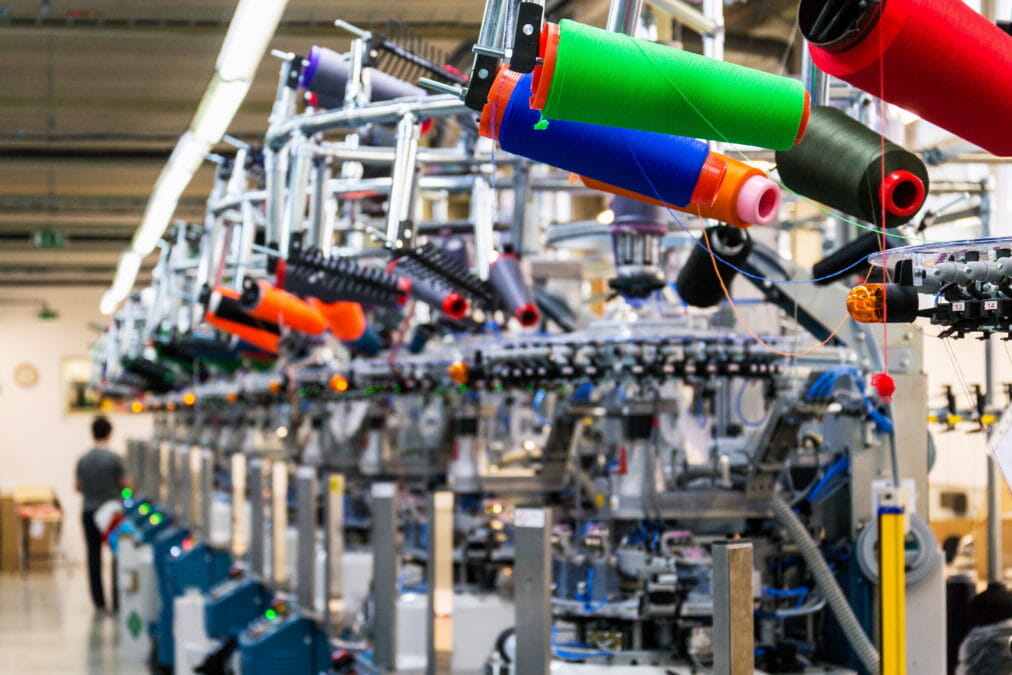The new data platform will bring together Google Cloud technology with insights into risk and impact of raw materials from WWF Sweden, in addition to consultation from Stella McCartney, IKEA and other fashion brands and retailers.
A pilot was released by Google Cloud and fashion designer McCartney at the 2019 Copenhagen Fashion Summit, to provide a more comprehensive view of the raw materials used in the supply chains of clothing manufacturers.
This experiment will now be built upon, in collaboration with capabilities that were used by WWF Sweden and IKEA to develop a raw material risk and impact analysis tool back in 2018.
How can organisations meet their customers’ sustainability demands?
“It’s our ambition to create a data-enriched decision-making platform that enables analysis of the supply chain in a way that has not been possible before at this scale,” said Ian Pattison, head of customer engineering, retail at Google UK/IE.
“Partnering with WWF brings together Google Cloud’s technical capacity, including big data analysis and machine learning, and WWF’s deep knowledge of assessing raw materials.
“Together, we can make supply chain data visible and accessible to decision makers, and drive more responsible and sustainable decisions.”
Håkan Wirtén, CEO of WWF Sweden, added: “WWF’s partnership work with companies has always been motivated by the need to drive real transformation at the largest possible scale.
“This project is an excellent example of how we can take valuable work with a long term partner like IKEA, collaborate with another strong WWF partner like Google to make that work even more powerful, and make it open source so that hopefully it can help with the transformation of a whole industry.”
According to the Ellen Macarthur Foundation, the fashion industry currently accounts for 20% of waste water, and Quantis has stated that between 2-8% of greenhouse gas emissions is generated by the industry globally, with this proportion potentially rising to 50% by 2030.
Much of this environmental impact occurs in the early stages of the production process, where raw materials are being used and supply chains are potentially highly fragmented, which leads to difficulty in gathering accurate data at scale.










